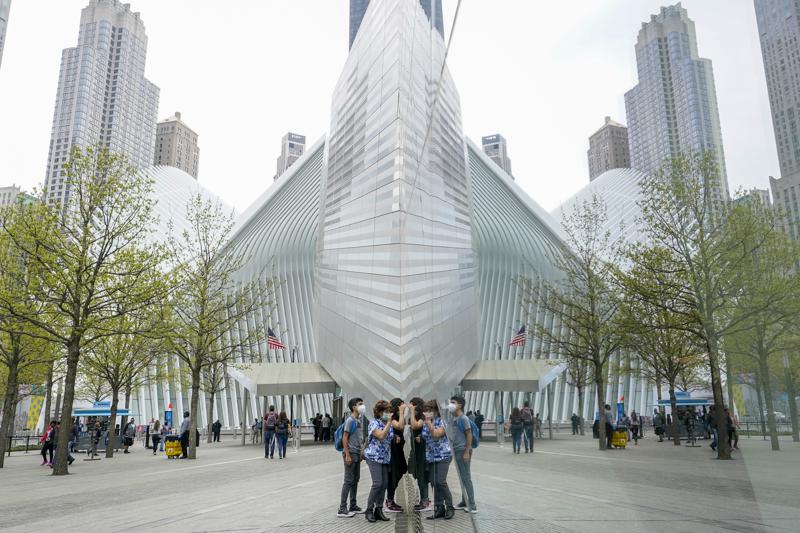
NEW YORK (AP) — The 9/11 museum in New York City is backing off uncommon restrictions on researchers after complaints that the institution was stifling scholarship.
Until at least Aug. 21, the National Sept. 11 Memorial & Museum’s website detailed “scholarly research rules and regulations” for access to its collection. They required researchers to let museum staffers review their work before publication and to adopt “any text changes” the museum proposed as a condition of getting the institution’s “consent” to publish.
The rules said the institution was entitled to pursue “legal remedies” if a researcher didn’t comply, though the museum says it never did so and is now scrapping the review requirements and legal threat.
Early on, “our paramount concern was the misuse of donated materials to the museum for purposes of misrepresentation” by people trying to prove conspiracy theories about the 9/11 terror attacks, museum Executive Vice President Clifford Chanin said.
“We’ve learned from our experience,” he said.
Archives, museums and their donors vary in what they ask of researchers, but experts say the 9/11 museum’s rules seemed unusually onerous.
“I’ve never seen anything quite like that,” said Stephanie Brown, who teaches museum studies at Johns Hopkins University and has been a museum director, curator and archivist. She said the policy could prompt scholars to look elsewhere for material: “It just feels very micro-managing.”
Indeed, at least two researchers have balked at the rules in the last few years, said Chanin, who said the museum agreed to the interviews anyway and began reconsidering the policy after the latest scholarly objection came this summer.
Williams College sociology professor Christina Simko inquired in July about interviewing staffers for a project on terrorism-related museums. She says she was willing to share an eventual draft for feedback but wouldn’t give the museum the authority essentially to edit her work.
“I was especially surprised that an institution of national memory would maintain that, because freedom of speech is a core democratic value,” said Simko, who said she’s pleased the museum quickly reconsidered.
Meanwhile, an attorney for two filmmakers who gave a trove of 9/11-related video to the museum — but later made a critical documentary about it — accused it in an Aug. 13 letter of “restricting free historic research, exploration and use.”
“We don’t think there should be any restrictions on what people publish,” filmmaker Steven Rosenbaum said in an interview.
